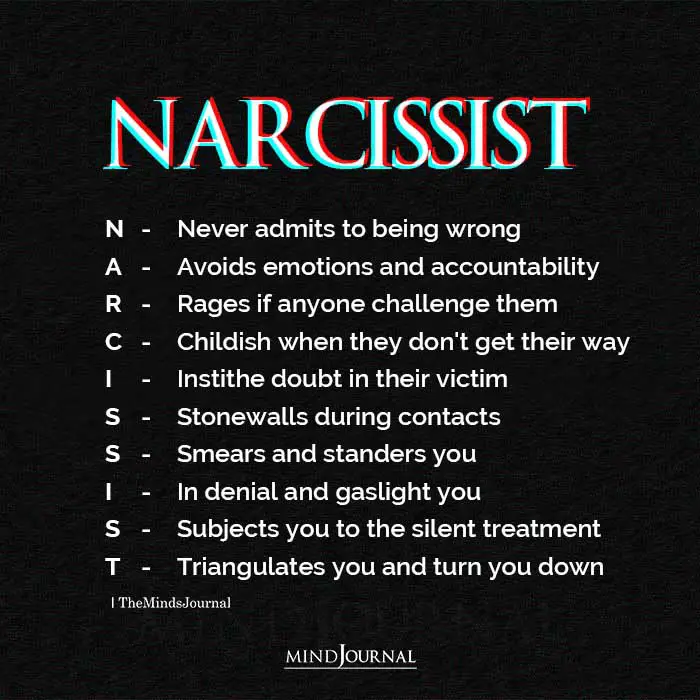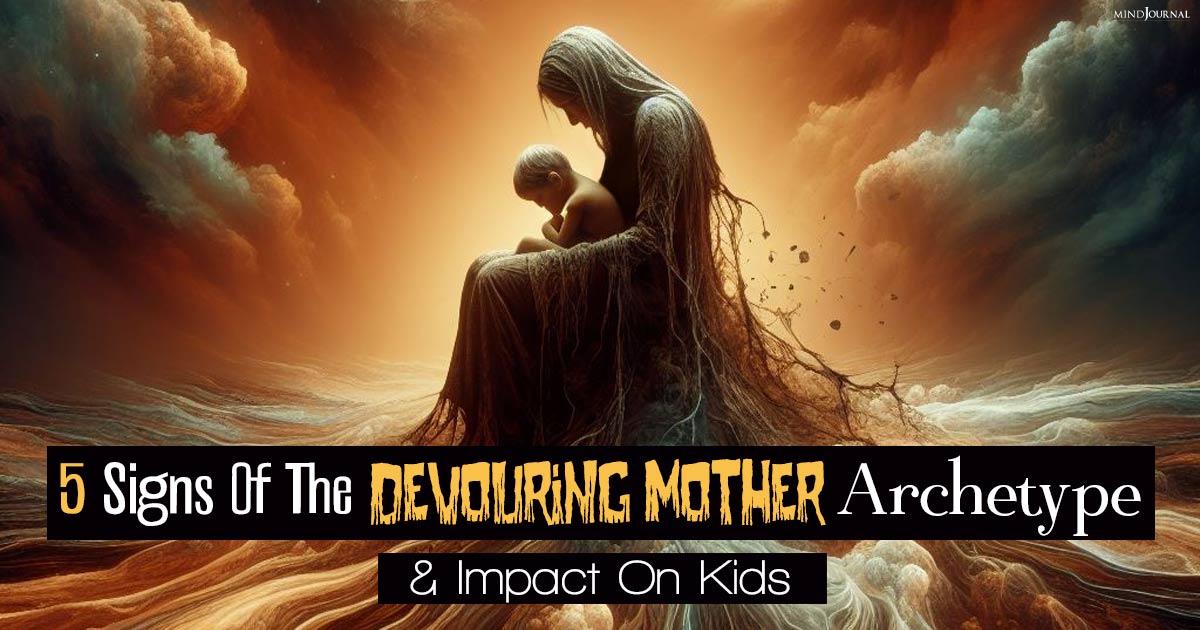Conversational narcissism treats you like an object rather than a human being. Here are 5 signs to look out for and how to regain empowerment
“We have two ears and one mouth so that we can listen twice as much as we speak.” – Epictetus
You pick up the phone. It’s Jill. Again.
“Heya, just thought I’d give you a call! How are you?”
“Good thanks J –”
“Oh, terrific! I wanted to tell you about my … [insert 5-hour monologue] …”
We’ve all had those people in our lives who seem to talk about themselves ad nauseam. Once given the opportunity to talk about themselves, they’ll snap it up in an instant showing little regard or interest in what you have to say. Ever. And if they do, you know it’s a fake mask of politeness.
These people are the conversational narcissists in your life who hog every conversation you have, leaving your head spinning. Basically, talking to a conversational narcissist is like putting your head in a blender.
So, do you have a conversational narcissist in your life? There’s only one way to find out …

How To Spot The Conversational Narcissist (5 Signs)
Not all narcissists are obnoxious or dislikeable people – in fact, many of them can be charming and appealing – but deep down, they’re deeply wounded people.
Why is it so painful talking to them?
Perhaps because you can pick up on the following character traits:
- They have an exaggerated sense of self-importance.
- They’re usually absorbed in fantasies of power, success, beauty, or brilliance.
- They have unreasonable expectations of other people, i.e., that everyone else should unquestioningly comply with them.
- They overrate the importance of their achievements.
- They crave constant validation, admiration, and respect from the world.
Keeping these symptoms in mind, it’s no wonder that the conversational narcissist loves drilling you with every detail of their lives ad infinitum.
Read 9 Types of Toxic People That Will Rob You Of Your Happiness
Which Kind Of Conversational Narcissist Do You Know?
There are two types of CN’s. These are the: Active Conversational Narcissists + Passive Conversational Narcissists.
So let’s explore the first.
1. Active Conversational Narcissism
This breed of narcissists always ends up shifting the attention onto themselves in conversations.
They do this by giving a few “supportive responses” so as not to appear rude, but end up using more “shifting responses.”
Please note that it’s normal and healthy to share stuff about yourself, as long as you direct the conversation back to the other person. (And take interest in them!)
Here’s a couple of examples of supportive vs. unsupportive conversations:
Example 1 – Supportive
- Person A – “I’m going to buy a puppy today.”
- Person B – “Really? What breed are you wanting to get?”
Example 2 – Unsupportive
- Person A – “I’m going to buy a puppy today.”
- Person B – “Really? I was thinking about buying a puppy for my daughter as well!”
- Person A – “Oh, yeah?”
- Person B – “Uh-huh, I thought that a golden retriever would be … [30-minute monologue].”
2. Passive Conversational Narcissism
This subtle form of conversational narcissism occurs when you share something, and the conversational narcissist withholds their supporting responses until the conversation fizzles out.
Read Histrionic Personality Disorder: How This Type Of Narcissism Works In Women
Supporting responses are for instance acknowledgments that indicate you’re listening, e.g., “uh-huh,” “OK,” “Hmm.”
They’re also statements that demonstrate active listening such as, “That’s awesome!” “Why did you do that?” “What are you planning to do now?”
Passive conversational narcissists withhold these statements, showing disinterest so that the conversation ends up dying – and is directed back to them.
Examples:
- Person A – “I’m going to the casino tonight!”
- Person B – ” (Pause) … oh, right … (pause)”
- Person A – “I’m really excited because I won $200 last week!”
- Person B – ” (Silence) …”
- Person A – “Have you been there recently?”
- Person B – “Oh yeah, I went a few weeks ago with my friends, it’s really interesting because we … blah blah blah.”
How To Use Conversation Narcissism As An Opportunity For Inner Growth
Talking to CN’s sucks.
I think the deepest reason why it stinks is that we all seek to feel seen, heard, and validated. It’s a basic human need. We want to connect with others from the heart and soul. But conversational narcissism blocks that opportunity.
It’s easy to let conversational narcissism make you feel resentful. Yet, while it’s normal and healthy to feel angry at their selfishness, staying in that place for too long is unhealthy. My advice: instead of letting CN shut you down, let it open you up. Use it as an opportunity for inner growth.
“Inner growth!?” some people may exclaim. Yes, hear me out.
Conversational narcissism is an opportunity for you to:
- Be self-sovereign and practice self-respect
- Practice setting healthy personal boundaries
- Open your heart, see underneath the exterior, and understand that their pain comes from the wounded inner child – and …
- Let that compassion empower you (I don’t know about you, but I feel disempowered when I let another person get me bitter and enraged)
How To Interact With A Conversational Narcissist
Talking to a conversational narcissist can be draining and tedious – especially if you see that there’s nothing in it for you.
How about changing the way you look at things?
Don’t worry, I don’t like the thought of changing something in myself either, especially when it’s the narcissist who should change!
The fact is: you can’t change anyone, so give up trying now.
The only thing you can change is your outlook and perception.
For instance, you could see talking to a conversational narcissist as a form of interpersonal training. You could also see it as a way to forge many great qualities such as patience, forbearance, compassion, stronger self-worth, and focus.
Yes, all these qualities can be strengthened by listening to a self-absorbed, insensitive, and egotistical person!
Read 20 Narcissistic Terms: A Glossary of Terms for Understanding Narcissism
According to the research I’ve done, the best way to interact smoothly with a narcissist is as following:
- Don’t demand or expect too much.
- Accept that you have to listen. A lot. (Or not, your choice.)
- For swift conversation, resist the temptation of challenging the narcissist’s thoughts and desires.
- Nod, smile, and keep quiet a lot.
I don’t necessarily agree with this way of approaching narcissists all the time – but if you’re not in the mood to stir the pot, these four rules will help you to ease the tension that comes with talking to them.
On the other hand, if you’re wanting to end a conversation with them quickly, I’ve found the following techniques work wonders:
1. Talk about something really boring, and keep repeating what you’ve just said in different ways. This style of communication is called the ‘grey rock’ method.
2. a time limit. After ten minutes or so leave the conversation (have a handy excuse ready), no matter what!
Read When You Start Healing Yourself, The Rest Will Fall Into Place
How To Recover From Your Interaction
No one ever really talks about what happens after you interact with a conversational narcissist.
But the truth is, you need a little time to recover!
After all, you’ve just come in contact with a person who is so wounded and self-absorbed that they treat you like an object rather than a human being.
Conversational narcissists are energy vampires who can leave us feeling weak, emotionally fragile, depressed, anxious, and exhausted.
To regain your energy:
- Learn how to ground yourself
- Practice self-love
- Try some relaxing breathwork
- And if you’re an empath (i.e., energy-sensitive person), take some time to practice extra self-care
Even something as simple as sipping a hot cup of tea or taking a few deep centering breaths can make a world of difference!
You might also like to journal about your experience with the CN. What did they teach you? How do you feel? This is a wonderful way to grow in self-awareness, spiritual awakening, and can help to decompress your nervous system.
How do you handle conversational narcissism? I’d love to hear in the comments!
Written by: Aletheia Luna Originally appeared on: Loner Wolf Republished with permission










Leave a Reply
You must be logged in to post a comment.